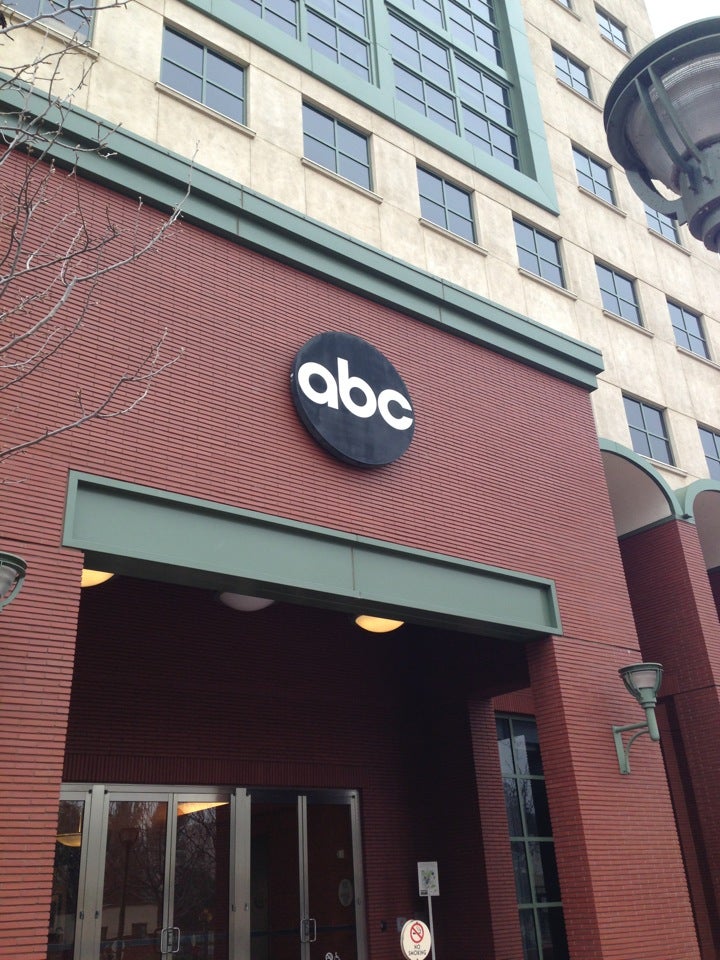Elon Musk has recently stirred up considerable controversy by calling for a boycott of the ABC Network, urging his followers on social media to “Take ‘Em Down!” This bold statement has ignited a firestorm of reactions as Musk, the CEO of Tesla and SpaceX, leveraged his substantial influence to rally public opinion against the network. The call for action appears to stem from perceived biases in ABC’s reporting, particularly regarding coverage of Musk’s ventures and personal life. Supporters of Musk, who see him as a champion of free speech and innovation, have taken to various platforms, echoing his sentiment and pledging to withdraw viewership from the network.

Critics, however, argue that Musk’s actions reflect a dangerous precedent, where influential figures attempt to control narratives and silence dissenting viewpoints through economic pressure. The backlash against Musk’s call has been significant, with many asserting that a boycott could undermine the diversity of media narratives essential for a functioning democracy. The confrontation has raised questions about the role of social media in shaping public opinion and the responsibilities that come with celebrity influence. Some pundits have pointed out that Musk’s passionate plea risks alienating potential allies in a world where media outlets are often scrutinized for their coverage, thereby creating further division.
In response to Musk’s remarks, ABC has remained largely silent, perhaps aiming to avoid inflaming the situation further. However, media analysts are closely watching the unfolding drama, noting that any significant impact from the boycott could set a precedent for how celebrities wield their influence over media narratives in the future. The incident has sparked broader conversations about censorship, media integrity, and the relationship between public figures and the press. Musk’s call for action not only highlights the contentious relationship between the tech mogul and mainstream media but also underscores the complexities surrounding public discourse in the digital age.

As discussions continue to evolve, many are left pondering the implications of Musk’s statements on the future of media consumption and the responsibilities of those with platforms. Musk’s tracks can be both polarizing and galvanizing, often leaving a path of fervent discussions in his wake. With millions of followers hanging on his every word, the outcome of this social media-driven boycott may ultimately impact ABC’s viewership and revenue, signaling a new era of engagement where audiences are increasingly willing to act in response to perceived injustices in media representation.
In conclusion, Elon Musk’s call to boycott the ABC Network has become a flashpoint in contemporary discussions around media integrity and the influence of powerful figures in shaping public discourse. As the situation unfolds, the tension between media organizations and influential personalities is more apparent than ever, adding layers of complexity to how audiences consume news in an age where social media amplifies every voice. Whether supporters will rally behind Musk’s fervent declaration or if the situation will further complicate his relationship with mainstream media remains to be seen, but one thing is clear: the intersection of celebrity, media, and public opinion continues to blur, ushering in new challenges and conversations about the nature of influence in our modern society.